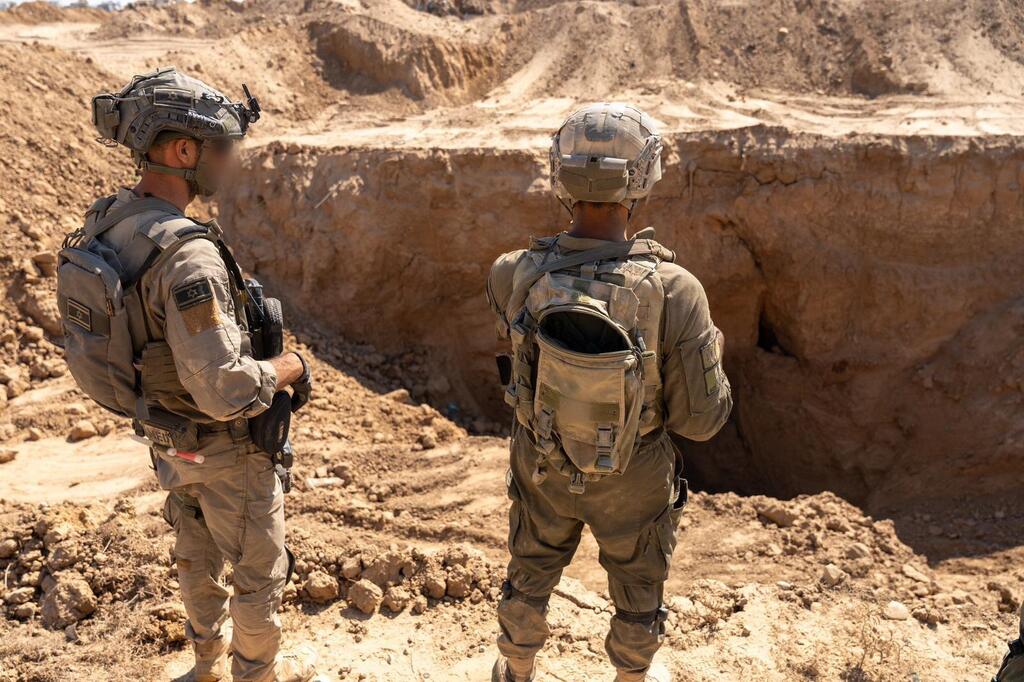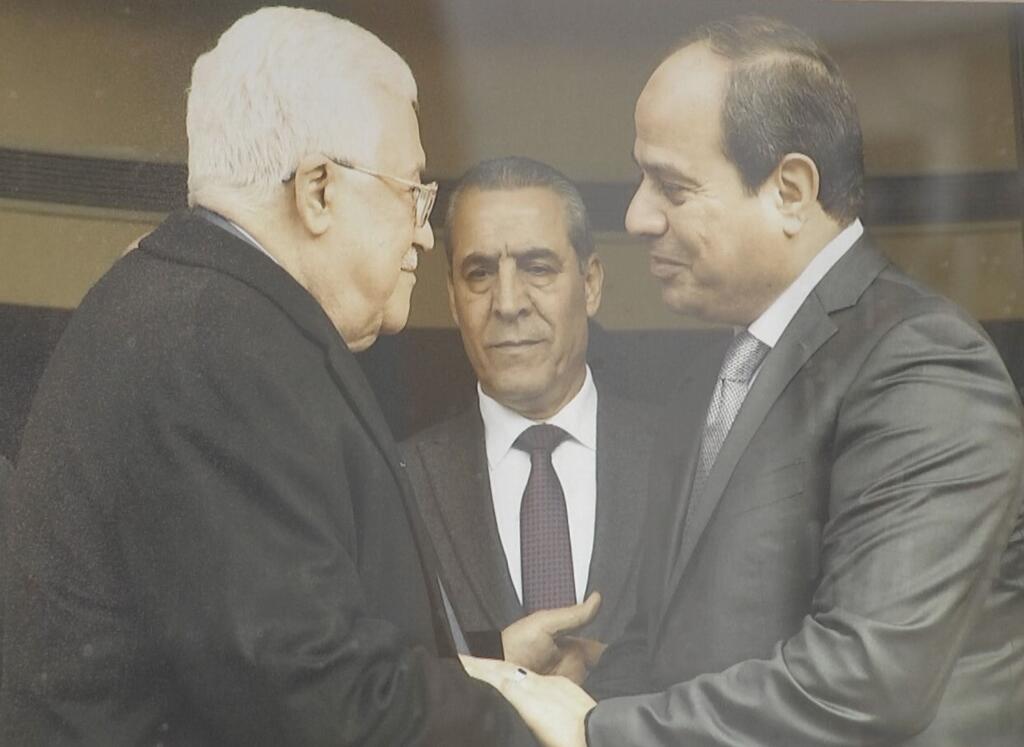Getting your Trinity Audio player ready...
In the intricate corridors of Jerusalem's decision-making, a strategic shift is afoot – a move to amplify diplomatic pressure on the United States concerning Egypt's current resistance to Israeli presence along the Philadelphi Corridor. This week, a delegation from AIPAC, the formidable pro-Israel lobby within the U.S. Congress, arrives in Israel. Anticipated discussions with these power players aim to convey a pointed message to Congress: The U.S. administration should be urged to exert pressure not only on Hamas, but also on Egypt to broker a cease-fire and hostage-prisoner exchange deal.
Israeli officials are expected to request that AIPAC members galvanize Congress into mounting significant pressure on Egypt, which stands accused of fueling and financing Hamas, with some of its senior figures reportedly benefiting financially.
"This is why the Egyptians are so adamant about the Philadelphi Corridor," an Israeli insider notes. "It's time for the U.S. to acknowledge Egypt's responsibility, rather than criticizing Qatar for humanitarian efforts that were conducted at the request and coordination of both the U.S. and Israel, managed by the Coordinator of Government Activities in the West Bank."
For years, Israeli sources have claimed Egypt has turned a blind eye to the smuggling of arms and money from Egypt to Gaza through Rafah and the Philadelphi Corridor. "There's a clear economic interest here for those closest to Sisi," an informed Israeli source reveals.
Egyptian military officers have reportedly profited handsomely from this arms smuggling to Hamas – a deceit that compromises the conditions of the peace agreement. In Israel, the belief is that reaching an understanding with Egypt regarding the Philadelphi Corridor could facilitate a situation where Hamas is persuaded to accept these terms.




